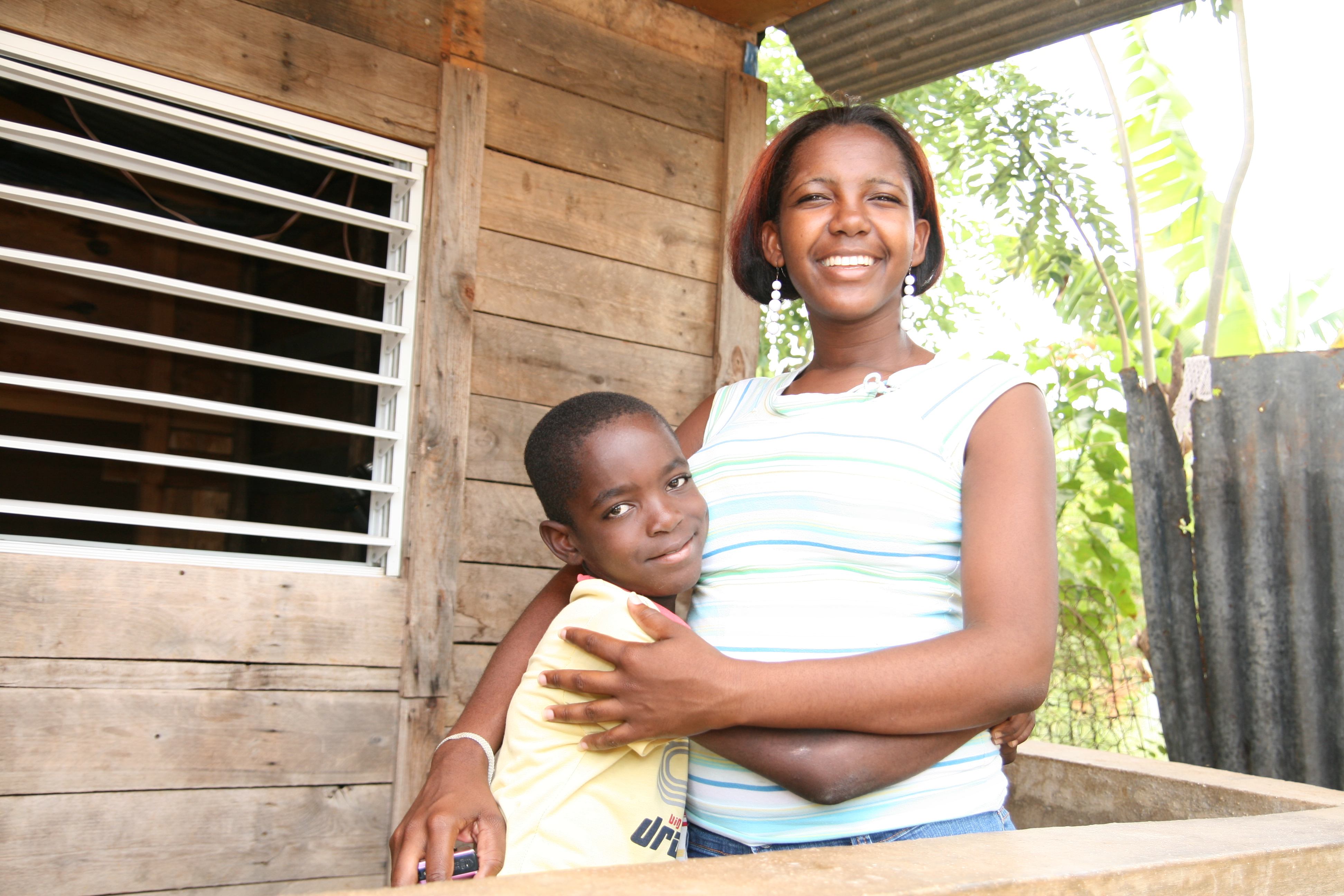This morning I caught a cab from the Zona Colonial to the Plaza de la Bandera. A dozen Dominican human rights activists had assembled in the shade of a tree near the pastel colored government buildings there. They were protesting about official discrimination against Dominicans of Haitian descent—and about the government's refusal to acknowledge that the problem even exists.
The immediate impetus for the protest was a statement on Dec.10 by Roberto Rosary, president of the Junta Central Electoral (JCE). He had challenged the Inter-American Commission of Human Rights to prove that his government denies citizenship documents to Dominicans born of Haitian ancestry.
Rosary's statement, published in the Dominican newspaper HOY outraged human rights activists like Sonia Pierre, and other local human rights activists, who have spent decades campaigning for citizenship rights on behalf of this marginalized group of Dominicans.
Their goal this morning was to meet with Roberto Rosary and present him with evidence that the problem exists. They displayed a signed letter of protest from local human rights leaders, as well as a binder full of documents related to people who have had problems obtaining citizenship. They also brought along more immediate evidence—five young Dominico-Haitians who were keen to tell their personal stories to the president.
The group entered the JCE building around 10 a.m. and was stalled at the reception for a few minutes. It was then determined that only seven members of the group would be allowed upstairs. This group made it only as far as the presidential secretary, who received their signed letter of protest. Meanwhile, back in the reception lobby, the five Dominco-Haitian youngsters awaiting news of the meeting were disappointed to learn that the president refused to meet with representatives from human rights groups.
At an impromptu press conference outside the JCE reception, Sonia Pierre leafed through the binder of documents for the news cameras. Ms. Pierre pointed out that the binder is a small sample of the hundreds of thousands of people, most of whom are decendents of Haitian sugar cane workers and other laborers, who are being forced into the margins of society, where they can be denied health care, schooling and jobs.
No JCE government official was available for comment.
More on how Dominican citizenships have been put into doubt by the government in Stephanie Hanes' USA Today article published Dec 17, 2010 and in the video report by Stephanie Hanes and Steve Sapienza on PBS NewsHour.











